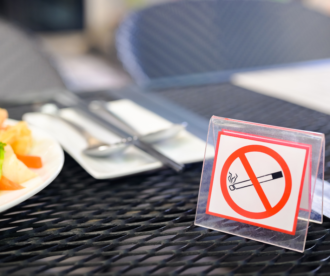The Business Refuses to Cancel a Transaction in Accordance with the Law? Compensation Can Be Claimed Without Proof of Damage (“Exemplary Damages”)
Amendment No. 21 to the Consumer Protection Law specifies cases where the court may order a business to pay compensation without proof of damage up to NIS 10,000 for each violation (hereinafter: “exemplary damages”). However, there are cases where the court may award compensation without proof of damage up to NIS 50,000: repeated violation, ongoing violation, or violation committed under aggravating circumstances (Section 31a(c) of the Law).
Furthermore, Section 31a(f) of the Law stipulates that a consumer is not limited to the aforementioned remedy and is entitled to claim any other remedy for the same violation.
Please Note! Section 31a(b) of the Law stipulates that a consumer may file a claim for compensation without proof of damage only if they have provided the business with a written notice (including electronically – such as a messaging app or email) containing the relevant demand from the business.
For example – a case of violation of the law regarding the return of goods: the consumer wanted to return goods in accordance with the law and the business’s policy, and the business refused. The consumer will not be entitled to file a claim for compensation without proof of damage unless their demand is supported by documentation that the aforementioned request was submitted to the business in writing.
However, failure to submit a written request is only relevant to a claim for compensation without proof of damage; so a consumer who does not submit a written request regarding the business’s violation can still file a claim for other compensation – for example, a claim for compensation with proof of financial or non-financial damage (such as distress).




